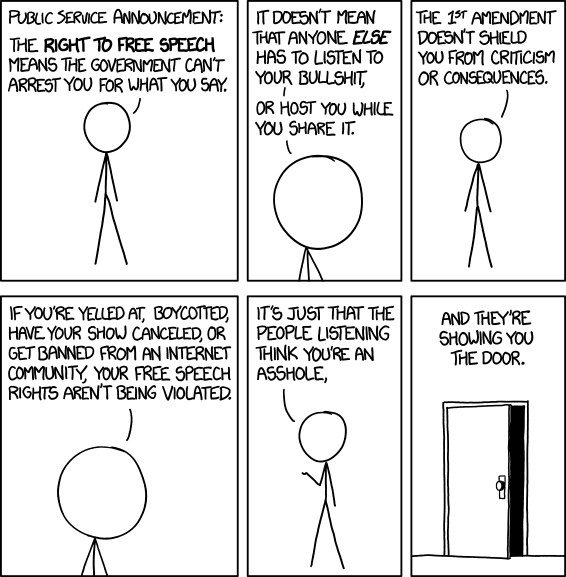IT’S CLEAR NOW: COLIN KAEPERNICK WILL NOT BE SIGNED.
I knew that last year’s player/owner solidarity in response to the President’s remarks, with vivid images of owners kneeling and locking arms with players, would never last. The owners’ personal and business interests—and the braying they heard from fans, sponsors and networks—would soon lead to a push for players to “stick to sports,” evoking a tension that still lingers upon the mention of Kaepernick’s name. The Seahawks episode crystallizes what teams are thinking, in so many words: We will only employ you to be a football player if we know we are not employing you to be an activist.
Does Kaepernick actually want to be signed? Unless he delivers Johnny Unitas-level talent to whoever he plays for, actually suiting up and riding the pine each week as a backup, or a return to his mediocre performance during the 49ers’ 2-14 season in 2016 would be anti-climactic. Kaepernick has become the athletic equivalent of Michael Moore’s deception in his first movie, Roger & Me. Then-General Motors CEO Roger Smith had met with Moore — reportedly twice — during the shooting of his agitpropumentary, but Moore wouldn’t have a movie if he actually included that footage. Similarly, Kaepernick needs to remain permanently off the gridiron, to keep his uber-woke SJW pose alive.
If NFL owners are understandably reluctant to sign up for the Kaepernick sideline circus, it’s curious that the left, which loves nothing more these days than to deplatform and blacklist conservatives, seems rather antsy when their new rules are applied to one of their own. Back in 2014, Randall Munroe, who draws the popular online cartoon “xkcd,” created this image, thus wiping out the morality behind 50 years of Hollywood blacklist movies:

As Kurt Schlichter likes to say, the left are going to hate living up to their own rules.
UPDATE (FROM GLENN): I don’t quite agree with this. Theres protection under the First Amendment, which applies against government, and then there’s the broader societal idea of “free speech,” which comes into play regardless of legalities. It used to be considered uncool to go after someone’s job for their opinions, and uncouth for an employer to give in to such demands. I wish we lived in that world today, but I agree that we don’t.
